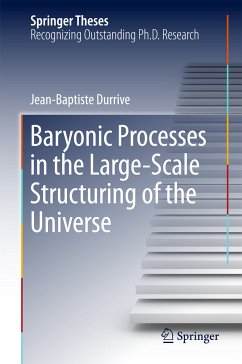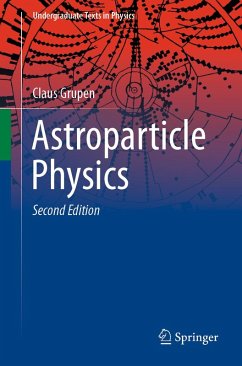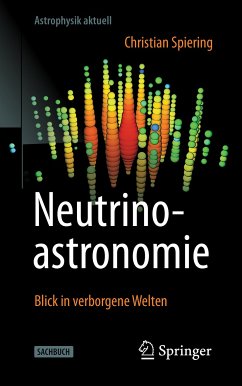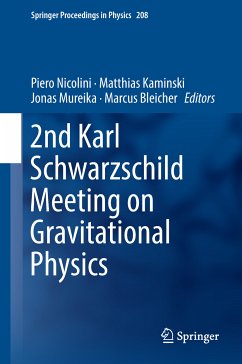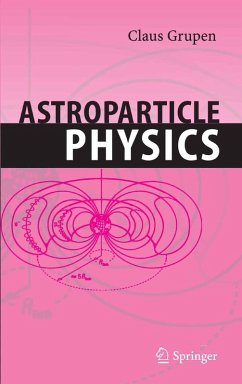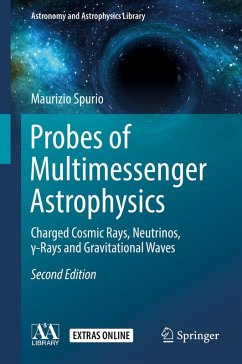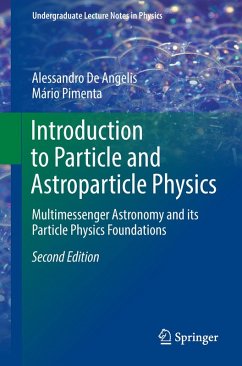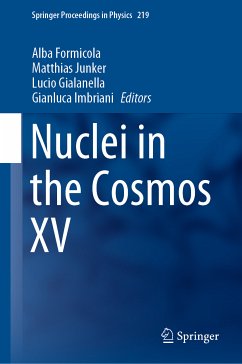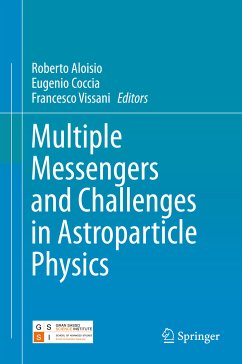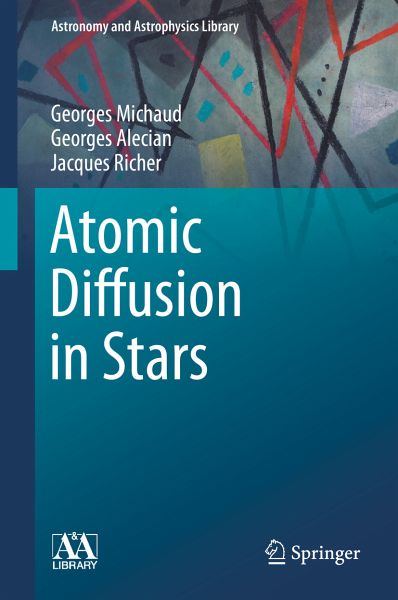
Atomic Diffusion in Stars (eBook, PDF)
Versandkostenfrei!
Sofort per Download lieferbar
64,95 €
inkl. MwSt.
Weitere Ausgaben:

PAYBACK Punkte
32 °P sammeln!
The authors give an overview of atomic diffusion as applied to all types of stars, showing where it plays an essential role and how it can be implemented in modelling. Part I describes the tools that are required to include atomic diffusion in models of stellar interiors and atmospheres. An important role is played by the gradient of partial radiative pressure, or radiative acceleration, which is usually neglected in stellar evolution. In Part II, the authors systematically review the contribution of atomic diffusion to each evolutionary step. The dominant effects of atomic diffusion are accom...
The authors give an overview of atomic diffusion as applied to all types of stars, showing where it plays an essential role and how it can be implemented in modelling. Part I describes the tools that are required to include atomic diffusion in models of stellar interiors and atmospheres. An important role is played by the gradient of partial radiative pressure, or radiative acceleration, which is usually neglected in stellar evolution. In Part II, the authors systematically review the contribution of atomic diffusion to each evolutionary step. The dominant effects of atomic diffusion are accompanied by more subtle effects on a large number of structural properties throughout evolution. The goal of this book is to provide the means for the astrophysicist or graduate student to evaluate the importance of atomic diffusion in a given star. A fundamental physical process, atomic diffusion can significantly affect the superficial abundances of stars and/or their evolution. This guide includes all the information needed to take proper account of atomic diffusion's impact.
Dieser Download kann aus rechtlichen Gründen nur mit Rechnungsadresse in A, B, BG, CY, CZ, D, DK, EW, E, FIN, F, GR, HR, H, IRL, I, LT, L, LR, M, NL, PL, P, R, S, SLO, SK ausgeliefert werden.



